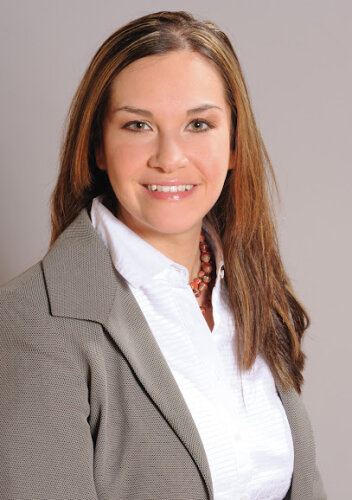Best Foreclosure Lawyers in Chicago
Share your needs with us, get contacted by law firms.
Free. Takes 2 min.
Free Guide to Hiring a Real Estate Lawyer
List of the best lawyers in Chicago, United States
About Foreclosure Law in Chicago, United States
Foreclosure law in Chicago operates within the framework of Illinois state laws. Foreclosure is a legal process whereby a lender attempts to recover the balance of a loan from a borrower who has stopped making payments. This is done by forcing the sale of the property used as the collateral for the loan. The foreclosure process in Chicago usually takes between 210 and 270 days. Illinois is a judicial foreclosure state, meaning a court handles the foreclosure process.
Why You May Need a Lawyer
Understanding foreclosure law and navigating the system can be complicated. A lawyer with expertise in foreclosure can help you understand your rights, explore your options, and represent your interests in court. Hiring a lawyer is especially crucial if you wish to contest the foreclosure, seek a loan modification, or negotiate a short sale or deed in lieu of foreclosure. It is also recommended if you have been served with a foreclosure notice.
Local Laws Overview
Under Illinois law, a lender must provide a grace period of 30 days after the due date to make payments before beginning foreclosure proceedings. A borrower also has a right to reinstate the loan within 90 days after they receive a summons to court or a motion for judgment is filed, whichever comes later. Furthermore, after the property is auctioned, a borrower has a ‘redemption period’ of 7 months from the date the foreclosure lawsuit was served or 3 months from the court’s judgment, whichever is later, to repay the full defaulted loan amount and cancel the foreclosure.
Frequently Asked Questions
1. What is a judicial foreclosure?
A judicial foreclosure is a foreclosure process that involves a court. The lender files a lawsuit against the borrower for the defaulted loan. The court allows the lender to sell the property to repay the loan.
2. What actions can I take when served with a foreclosure lawsuit?
When served with a foreclosure notice, you have a right to contest the foreclosure, apply for a loan modification, propose a repayment plan, or consult with an attorney. Another option could be filing for bankruptcy, but this should be considered as a last resort as it has significant long-term consequences.
3. Can I sell my home during a foreclosure?
Yes. You can sell your home during a foreclosure. This is referred to as a short sale, which must be approved by your lender.
4. What is the ‘right of redemption’?
Under Illinois law, the right of redemption allows a borrower a certain period after their property has been sold at a foreclosure sale to reclaim their property by paying the full auction price plus any additional costs.
5. What happens after a foreclosure sale?
If the home sells at a foreclosure auction, the new owner acquires the title and rights to the property. If the property doesn't sell at auction, it becomes ‘real estate owned’ (REO) by the lender.
Additional Resources
For additional help, you can contact nonprofits such as the Legal Assistance Foundation in Chicago and the Illinois Legal Aid Online. You may also seek help from government agencies like the U.S. Department of Housing and Urban Development (HUD) or the Illinois Department of Financial and Professional Regulation.
Next Steps
If you need legal assistance in foreclosure, the first step is to consult with a foreclosure attorney to discuss your circumstances. They can guide you on your legal rights and options. If you cannot afford an attorney, you may reach out to the free or low-cost legal aid organizations mentioned above. You should also contact your lender as soon as possible to discuss alternatives to foreclosure.
Lawzana helps you find the best lawyers and law firms in Chicago through a curated and pre-screened list of qualified legal professionals. Our platform offers rankings and detailed profiles of attorneys and law firms, allowing you to compare based on practice areas, including Foreclosure, experience, and client feedback.
Each profile includes a description of the firm's areas of practice, client reviews, team members and partners, year of establishment, spoken languages, office locations, contact information, social media presence, and any published articles or resources. Most firms on our platform speak English and are experienced in both local and international legal matters.
Get a quote from top-rated law firms in Chicago, United States — quickly, securely, and without unnecessary hassle.
Disclaimer:
The information provided on this page is for general informational purposes only and does not constitute legal advice. While we strive to ensure the accuracy and relevance of the content, legal information may change over time, and interpretations of the law can vary. You should always consult with a qualified legal professional for advice specific to your situation.
We disclaim all liability for actions taken or not taken based on the content of this page. If you believe any information is incorrect or outdated, please contact us, and we will review and update it where appropriate.














